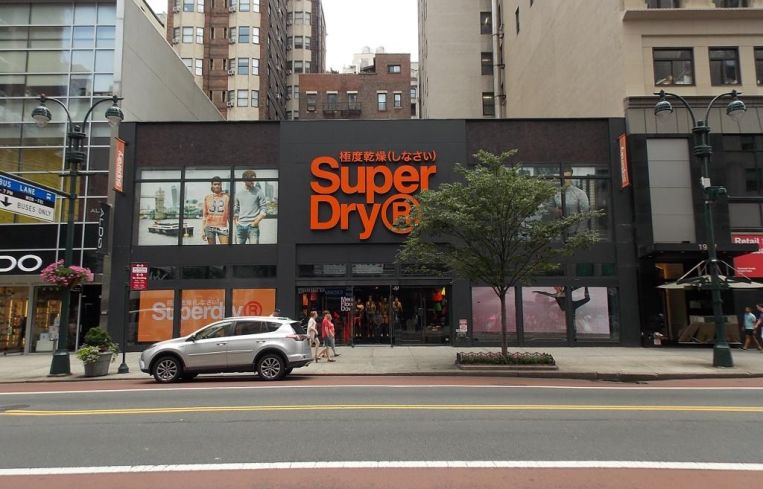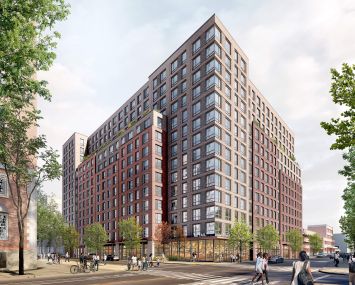Jeff Sutton Turning Midtown Retail Building Into 363-Room Hotel
By Nicholas Rizzi May 4, 2021 10:40 am
reprints
Jeff Sutton’s Wharton Properties wants to turn its two-story retail building at 25 West 34th Street into a 363-room hotel, during a time when the coronavirus pandemic has tanked the hospitality and retail industries, property records show.
Wharton filed a permit on April 29 to build a 26-story, 176,375-square-foot hotel at 25 West 34th between Fifth Avenue and Avenue of the Americas, PincusCo Media first reported. The spot will also have retail on the ground floor and amenity space on the roof, according to the permits.
Sutton declined to comment.
The 16,000-square-foot retail building is currently fully leased to clothing company Superdry, which signed a sublease for the property in 2016 after the space spent years on the market, as Commercial Observer previously reported.
While retail has been battered by the pandemic, with dozens of brands filing for bankruptcy, the hotel industry hasn’t fared much better.
Hotels have shuttered around Manhattan — with plans to convert some into offices or housing — and normal occupancy rates aren’t expected to return until 2025.
Switching the property from fully retail to a hotel could be a bold move for Sutton, but it could soon become much harder to build new hotels around the city.
The city kicked off the public review process for a controversial citywide hotel special permit on Monday that would require developers to undergo a two-year process to build any new hotels.
That policy is widely viewed as a political favor from Mayor Bill de Blasio to the powerful New York Hotel and Motel Trades Council, one of de Blasio’s biggest donors, since it could give New York City Council members the ability to make signing an agreement with the hotels union a condition for approval for new hotels.
The permit is expected to create a shortfall of 30,000 to 60,000 hotel rooms by 2035, and cost the city $350 million in lost taxes by 2025 and as much as $7 billion by 2035, The New York Times reported.


